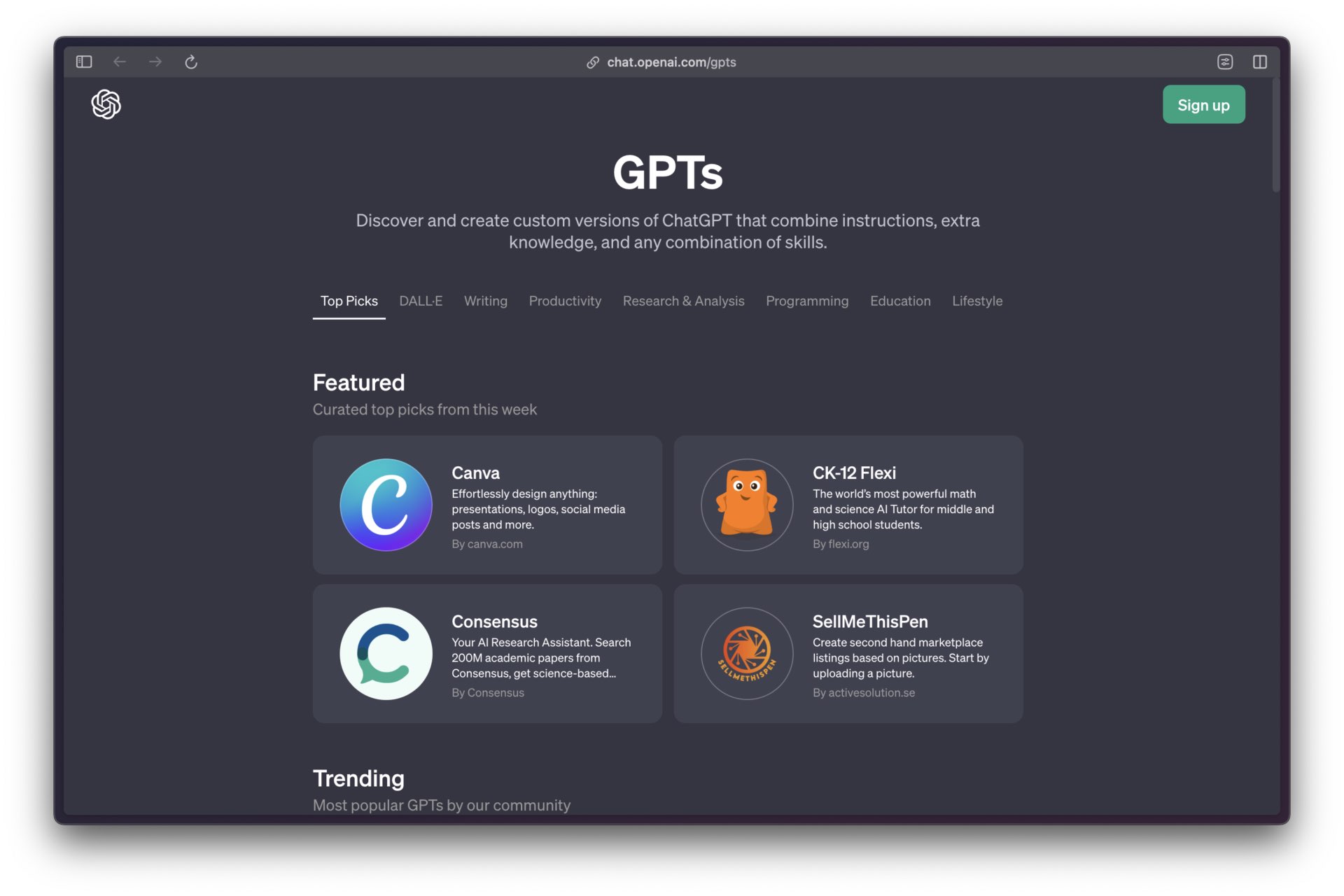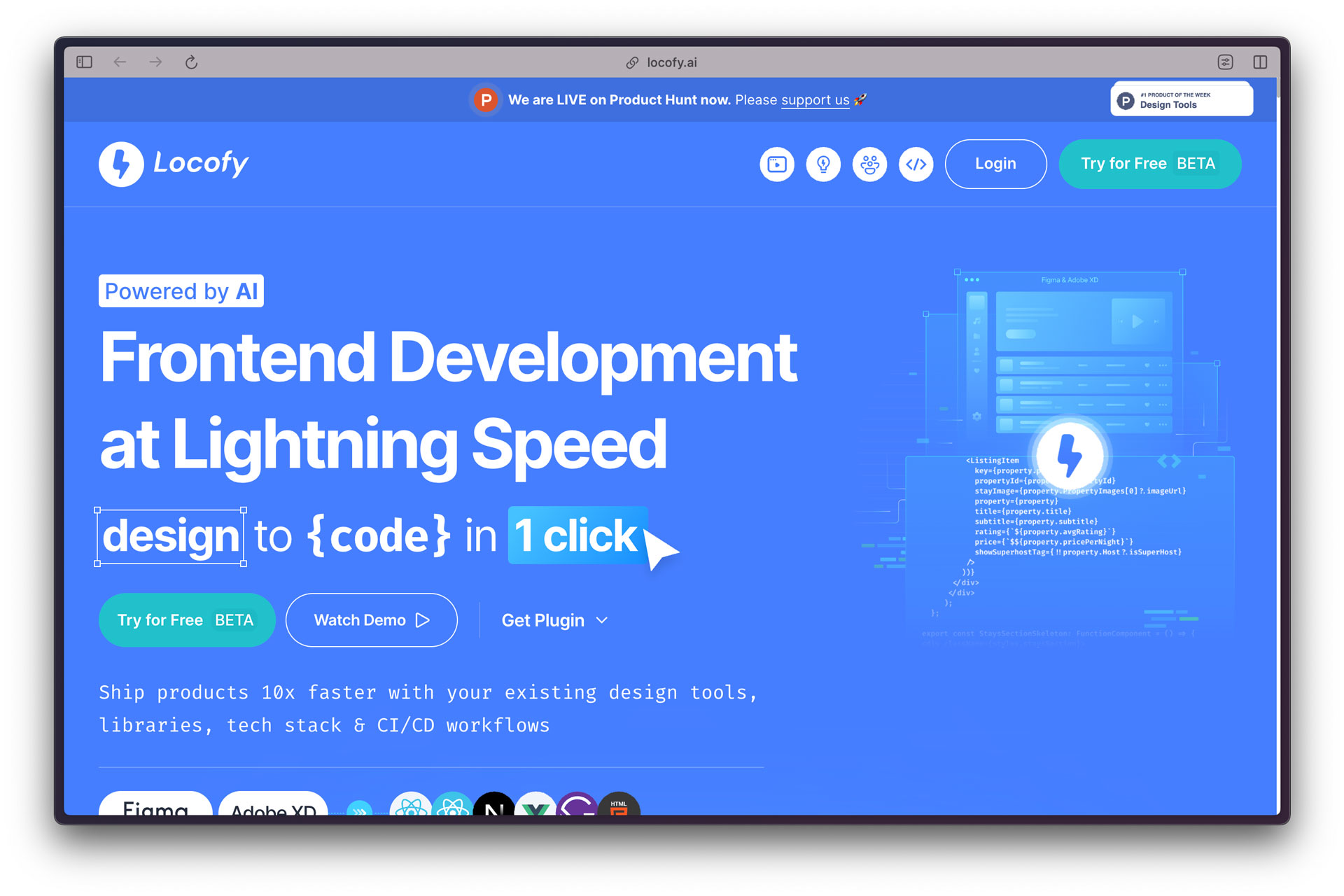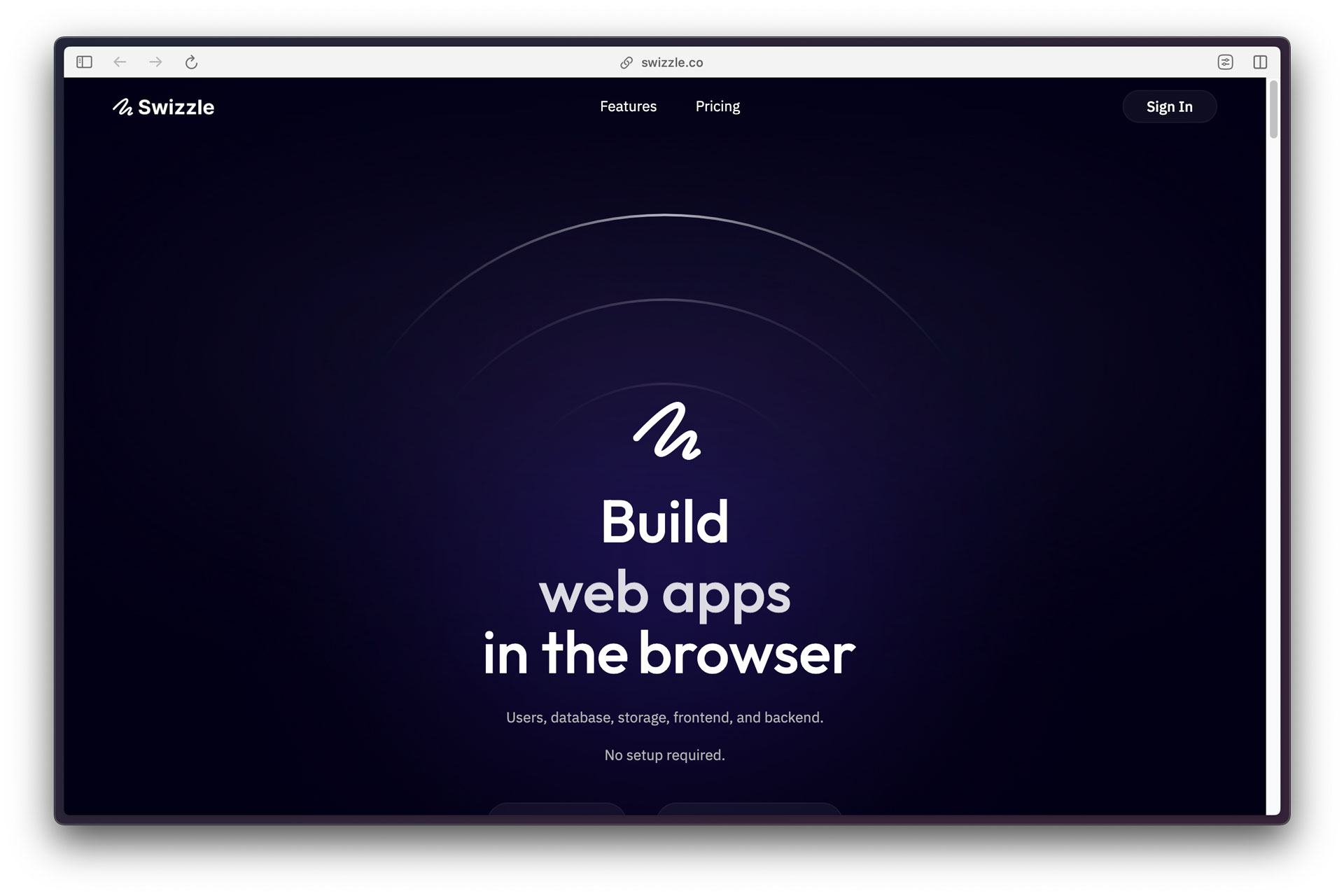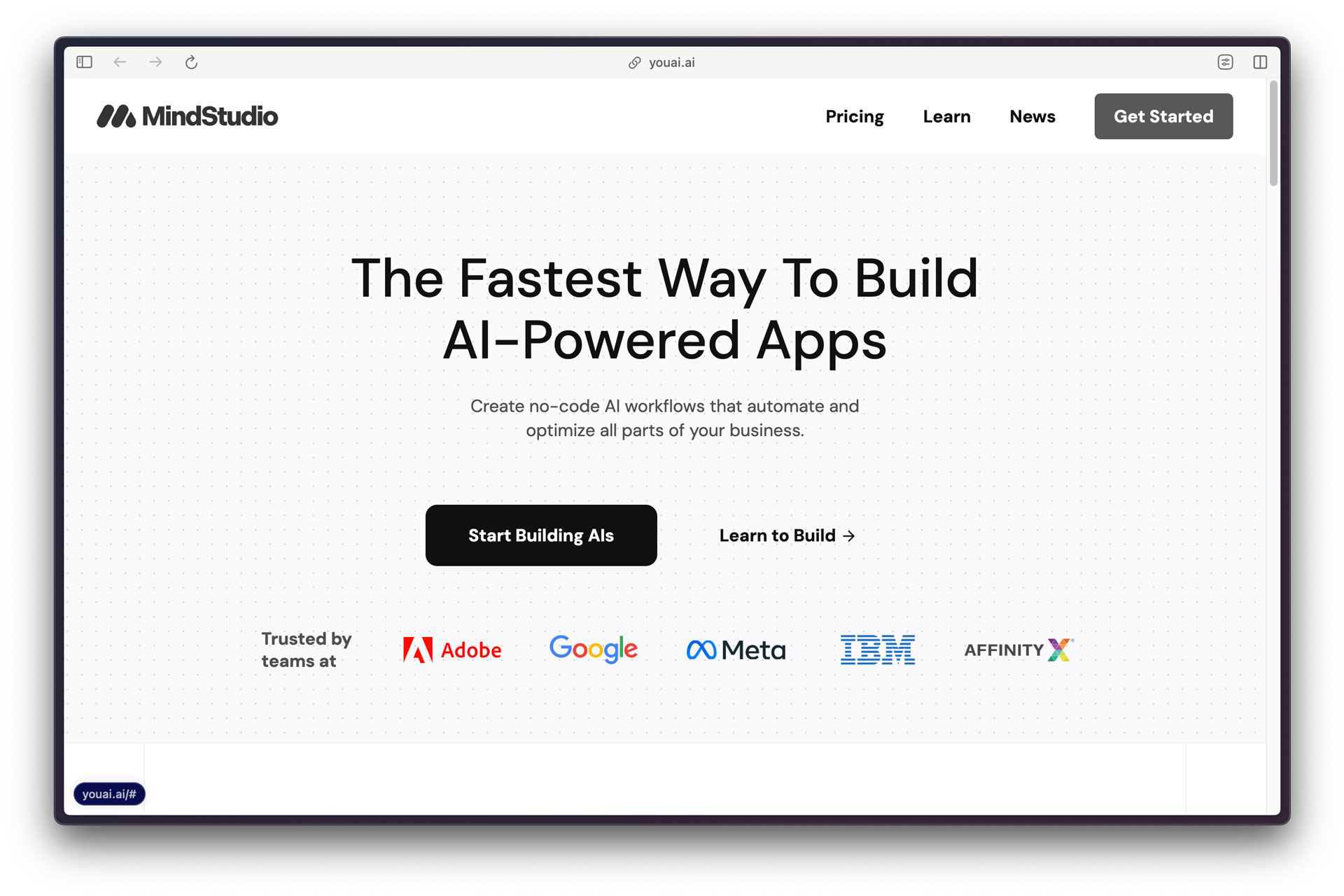Since the debut of ChatGPT in November 2022, we have been exploring how to build just such a chatbot. This is an ongoing effort, and we’re happy to announce that we have made some progress on this project and provide the latest details toward the end of this story.
AI chatbots with file upload offer many benefits. The most obvious one is that a custom chatbot can be tailored to specific needs. A custom AI chatbot generates output using information provided by the client in its training.
Below are several options we explored to build a chatbot that could summarize and condense broad topics derived from our own documents.
- CustomGPT – In February 2023, we tried CustomGPT. The company had just launched, so the first challenge was to get its document upload facility to work correctly, a chatbot phase called “ingestion.” We uploaded 10 text files the first time, but only one was indexed. Nine failed. Once that hurdle was overcome and PDF ingestion was enabled, the company had an upload limit of 50 documents. That was too tedious for a document repository of nearly 2,000.
- Chatbase – In July 2023, we signed up for Chatbase, which looked promising. However, we quickly discovered that Chatbase, like CustomGPT, was not a custom general intelligence chatbot but was designed for customer support, optimized for one-sided customer conversations, and answering single sales questions. Chatbase could also not track conversations and, therefore, could not get smarter. It also could not summarize documents, which was its biggest weakness.
- GPTs – In November, OpenAI launched an app store for AI and the ability to create custom GPTs. You can readily build an OpenAI GPT chatbot using the “Explore” menu item in ChatGPT Plus. Once a GPT is created, you can upload documents (PDFs, Excel spreadsheets, etc.) under “Knowledge.” Unfortunately, GPTs are limited to 20 files, although spreadsheet files have no size limitation.
- Ai PDF – This recently launched GPT offers the ability to ingest an unlimited amount of documents using an outside file storage service called Ai Drive. While Ai PDF says it can analyze and summarize groups of documents, you cannot drag a group of documents into a folder without a $20/mo. Ai Drive Pro subscription. Also, manually linking an Ai Drive document or folder to Ai PDF for each prompt is a laborious hack.
- Breebs – Another GPT available in OpenAI’s store for GPTs is Breebs (Breebs.com). This GPT can handle 500Mo, which, in the context of chatbot capacity, generally refers to 500 megabytes of storage space, including not only training data but also models and parameters, plus intermediate results and cached data. An average of 20 randomly selected PDF files was 5MB, so even if you had all of the capacity of Breebs available for document storage, you would only be able to upload 100 documents, depending on size.
 OpenAI’s GPTs were launched on Nov. 6, 2023, and allow developers to create their own ChatGPT solutions. Unfortunately, GPTs are limited to 20 PDFs, which makes them unusable for custom research applications.
OpenAI’s GPTs were launched on Nov. 6, 2023, and allow developers to create their own ChatGPT solutions. Unfortunately, GPTs are limited to 20 PDFs, which makes them unusable for custom research applications.
Along the way, we also tried Anthropic’s Claude 2, which, at the time, was uniquely able to summarize PDF files. While ChatGPT could summarize, it could only accept pasted text limited to approximately 2,000 characters. On October 30, 2023, OpenAI added the ability to analyze PDF files. Claude 2 handled a PDF containing 18,233 characters, although it has a document size upload limit of 10 MB. Unfortunately, it frequently failed to provide summaries of a specified word length.
When we used Anthropic’s Claude 2.1 to analyze a 5.2MB file, it produced a bulleted, 119-word news article summary. It also included summaries of two sidebars irrelevant to the main story.
PDFgear can also summarize files. Using the same article employed to test Claude 2.1, it produced a 57-word summary while ignoring the sidebars, which is not bad considering all the other features PDFgear offers. It has a limit of 50 messages per file per day, so you could ask questions to delve deeper into the document.
Building an Unlimited Document GPT
It is possible to create a GPT with no file restriction, like Ai PDF, Paper Memory or Consensus have shown. That is accomplished through actions and off-site file storage.
For more information on how to chat with multiple PDF files, check out this YouTube video:
For a deep dive into how to chat with multiple PDF files, watch this YouTube video.
Stay tuned for further updates below. 🤓
22-Feb-24
We have decided to build this project in two stages. The first phase will consist of building a backend using MindStudio from YouAI (GoMeta Inc.). MindStudio is an AI tool that allows users to create AI-powered applications without coding, and teams of all sizes can use it.
Here are the key features of MindStudio:
Key Features of MindStudio:
- No-code workflow – Enables users to create and launch AI-powered apps through a visual, intuitive interface.
- Model flexibility – MindStudio works with the latest large language models from companies like OpenAI and Anthropic, offering choice and adaptability.
- Integration – Connects with numerous other platforms and tools, enabling data input, customized interactions, and extension of its capabilities.
- Use cases – MindStudio applications can automate and improve various aspects of business, including customer support, content creation, and data analysis.
- YouAi Marketplace – A platform to explore and access AIs created by others within the YouAi community.
MindStudio will serve as a good in-house AI research tool. However, we have designs on building a tool that would be ideal for the end-user market and requires a slick front end. Therefore, we are investigating several AI coding tools to deliver a complete product.
We will use these AI coding tools to build a front end and use it together with the MindStudio app to gauge the viability of such a solution, which is basically a two-part MVP.
The first solution that showed up on our radar was Locofy Lightning, which promises to convert Figma designs into front-end code with one click:
 Powered by LocoAI’s Large Design Models (LDMs), Locofy produces responsive, interactive designs and reusable code components with better-organized class names that can easily be synced to GitHub or pulled into VS Code.
Powered by LocoAI’s Large Design Models (LDMs), Locofy produces responsive, interactive designs and reusable code components with better-organized class names that can easily be synced to GitHub or pulled into VS Code.
Swizzle lets create web apps with front-end, back-end, database and file storage:
 Swizzle features an AI capability that understands your entire project, enabling you to build and solve issues more quickly than before.
Swizzle features an AI capability that understands your entire project, enabling you to build and solve issues more quickly than before.
02-Mar-24
Yesterday, Microsoft gave users a sneak peek into Copilot for OneDrive, which it plans to release in late April. If you think this is a solution for parsing all your files, think again. Copilot for OneDrive has a 3 MB file size limitation. Since as we discussed earlier, the average PDF file, based on our test, is 5 MB that would render it useless for most applications.
We are making progress with our MindStudio app and have been able to create an AI that reads and summarizes one PDF file. Below are two screenshots that show the app’s progress. We will add the ability to zoom in on the screenshots later. And, yes, the trademarked name of the app is HyperApp! Appropriate, don’t you think? 😁

In this screenshot, you see the initial prompt for the MindStudio app, which tells the “AI” what its function is.

Here, you see the initial workflow of the single-PDF upload solution. We will develop a version that can read up to five PDFs next.

